Breaking Barriers: Accessible Theater and Cinema Experiences
What if we could use technology to help everyone see and understand entertainment experiences like the opera, ballet, cinema and theater better?
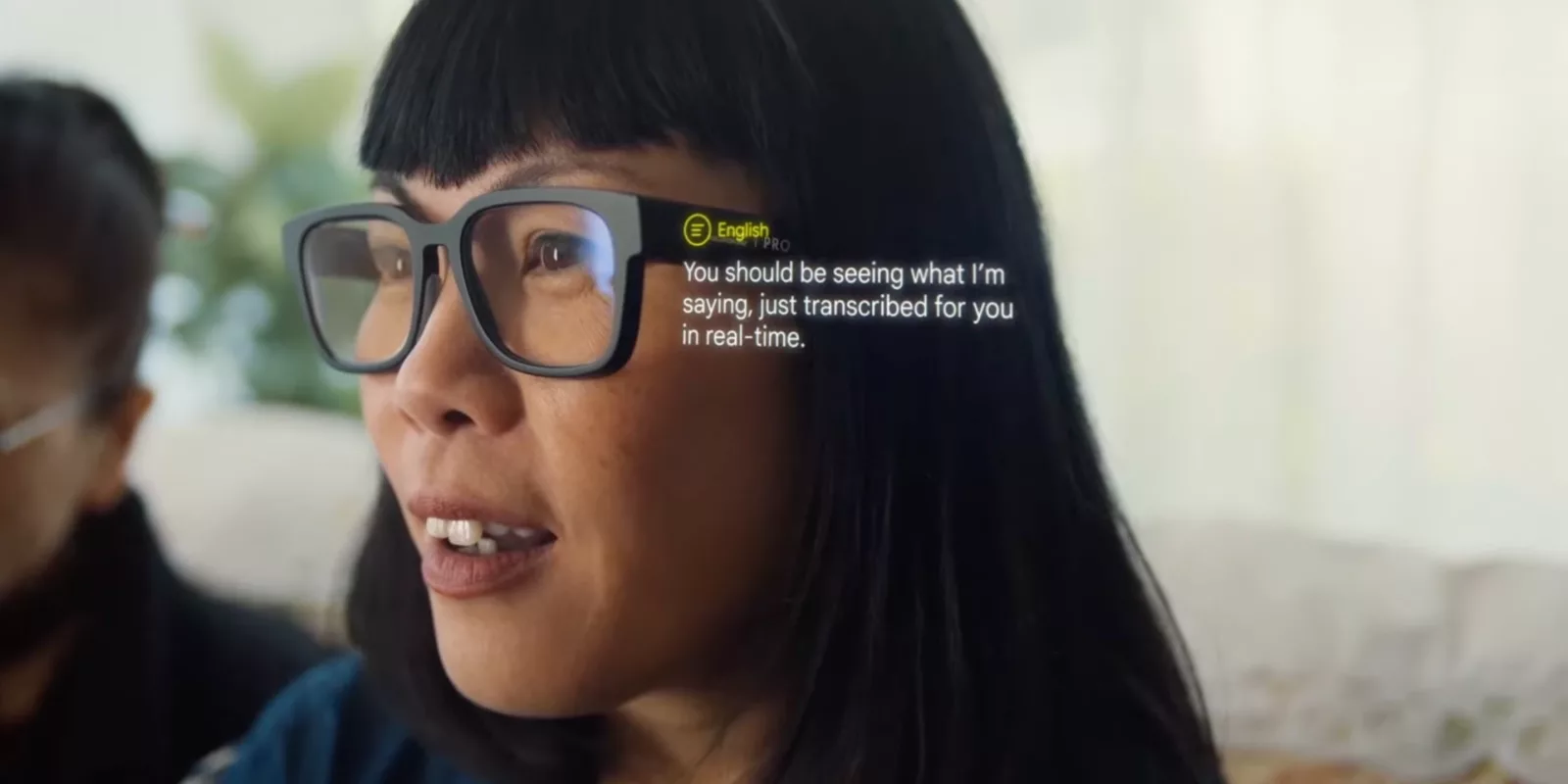
What if we could use technology to help everyone see and understand entertainment experiences like the opera, ballet, cinema and theater better?
Subscribe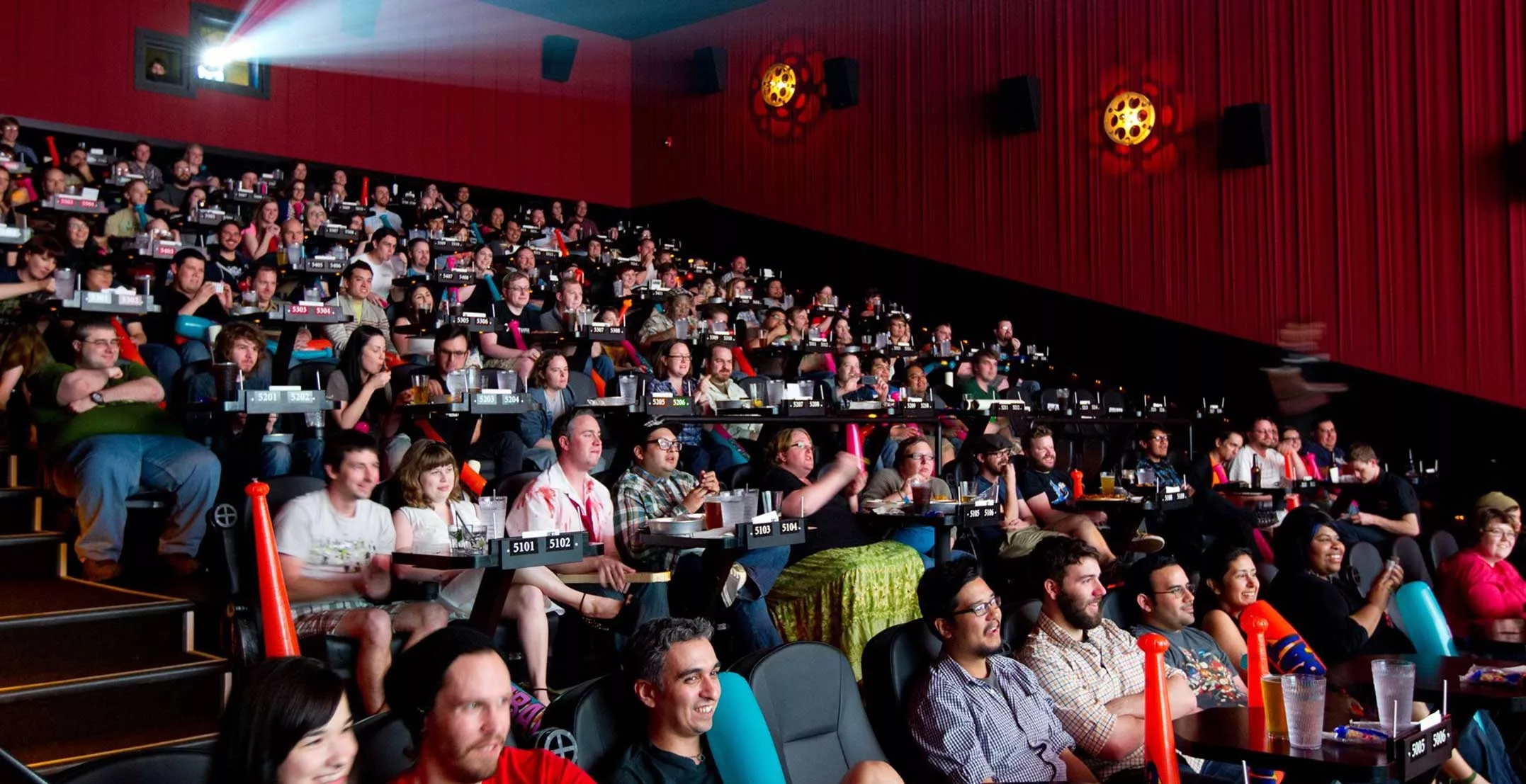
An Alamo Drafthouse cinema theater.
Have you ever been at the Cinema watching the latest blockbuster wondering what an actor just said, only to question later how you missed out on critical elements of a storyline?
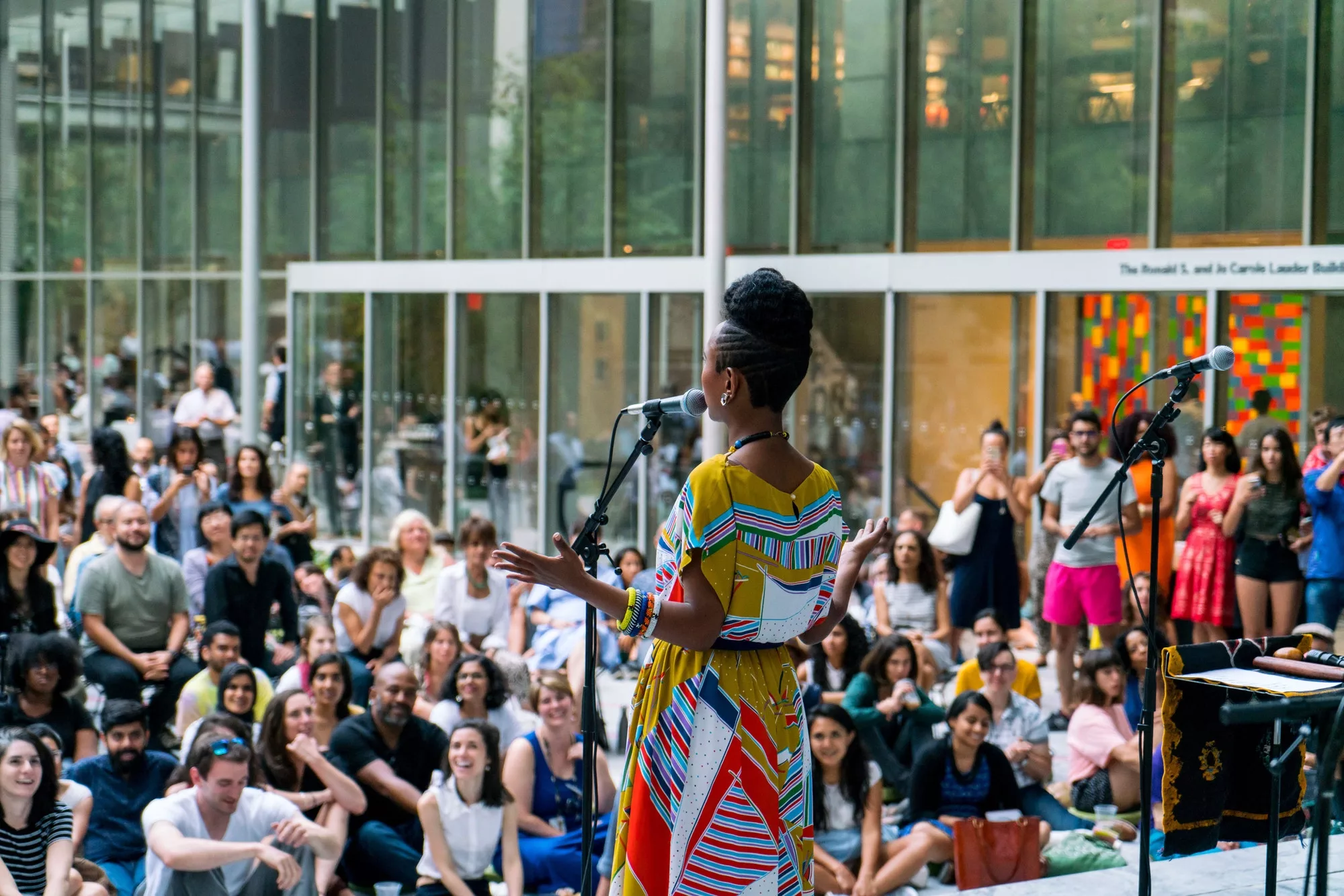
MoMA Summer Thursdays holds outdoor events.
Maybe it was at a theater or a live event where the audio just couldn't reach you, leading to a frustration of not understanding what was happening and questioning why you are there.

We have all suffered from light sensitivity at some point.
You might be sensitive to light, making you experience discomfort, pain and/or neglect depending on whether the environment is either too bright or too dark.
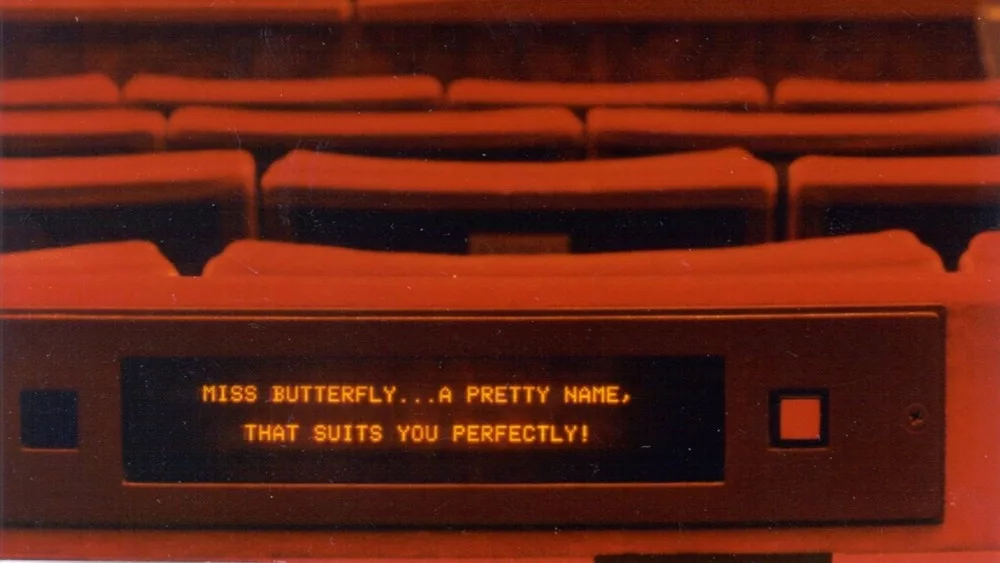
"Subtitles" for the Madama Butterfly Opera at the Lincoln Center in New York City.
Perhaps, you sat in an Opera and wondered why it's in Italian and how anyone is meant to understand it if they don't speak the language, only to find out that there's an old-school LCD screen that gives you the subtitles in the seat in-front of you?
Subsequently, you spent the entire evening glancing up and down endlessly to make sure you understood the story - forcing you to miss out on the action.
It might have been exhausting and frustrating - it was for me.
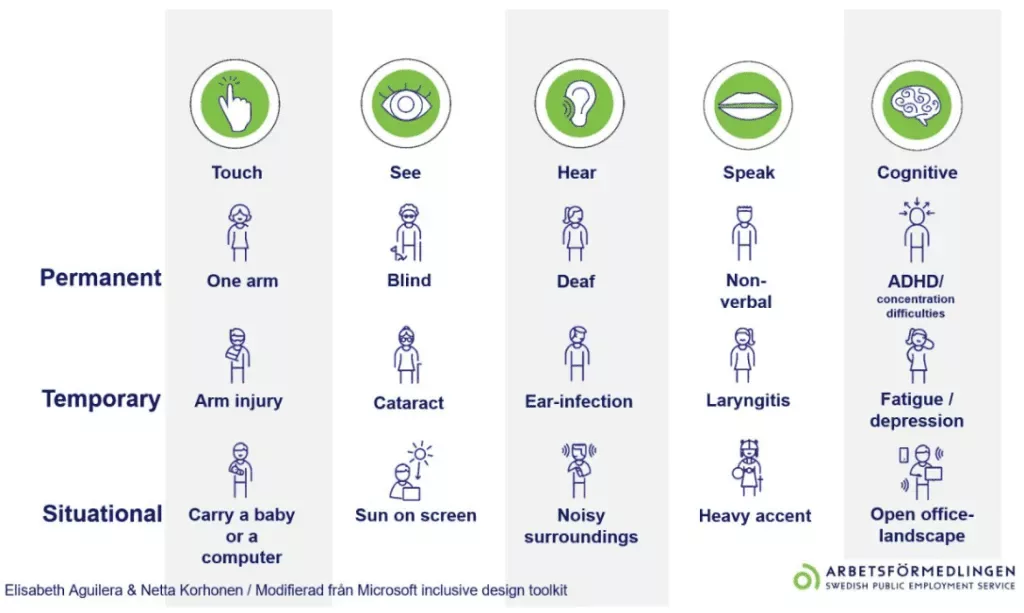
We are all temporarily disabled at some point within our day to day.
Fear not, you are not alone.
Thanks to Antonio Ferreira Martinez, Founder of Deo SLS, I was made aware that we all suffer disabilities at some point in our day to day and that by making life more accessible, we are actually helping ourselves.
It led me to question:
How can we use technology to make entertainment experience accessible to all?
Google's Glasses that translate languages (Google I/O 2022).
Luckily in 2024, we are in the era of spatial computing and artificial intelligence (AI), where fiction is becoming reality.
Technology is allowing us to design a more accessible future for all, through promises of smart glasses similar to the ones that Google announced in Google I/O in 2022.
These smart glasses translate conversations in real-time and bridge the gap towards a future where we all experience things equally, as we need to, when we need to.
Other potential accessibility innovations for smart glasses include:
- Dynamically, dim or brighten what you see depending on your specific needs.
- Zoom in and out by interacting with the frame of the glasses.
- Listen to augmented spatial audio to help make sure that you hear things right so you do not miss out on details.
How could this apply to sports and stadiums?
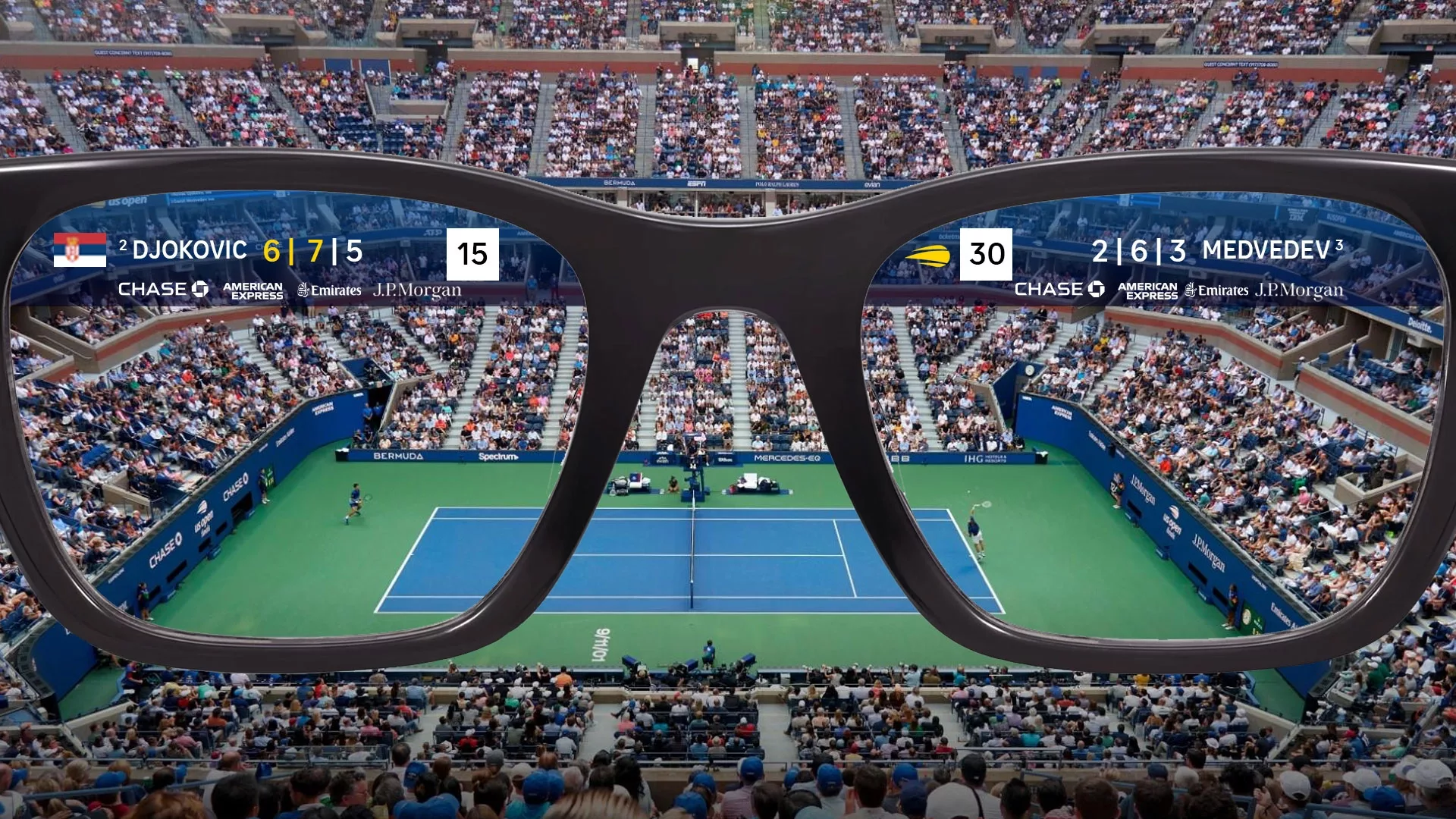
Smart glasses could reduce the amount of time spent looking away from the game by providing contextual information at a glance.
If you are curious to read our point of view on the future of in-stadium sports experiences, consult the link below.